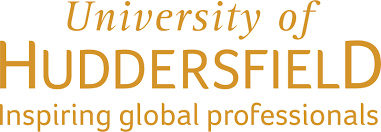Dancing Outdoors: DiY Ethics and Democratised Practices of Well-Being on the UK Alternative Festival Circuit
Keywords:
Alternative festival, well-being, participation, environmentAbstract
Focussing on the UK’s vibrant alternative festival scene, this article examines how traces of the free party movement in the late 1980s continue to pervade the ethos and aesthetic register of contemporary events. It considers the potent DiY ethic of the campsite that emerged as a result of the convergence of Travellers with sounds systems such as Spiral Tribe, Exodus and Bedlam. It examines how the aesthetics and ethics of these rural, grassroots gatherings hark back to a particular moment in British history and how the sights, sounds and cultures of the current festival circuit are intimately connected to the histories from which they grew. The article argues for a reading of outdoor space, as experienced within the frame of the alternative festival, as a locale for the performance of political and personal freedoms. It asks how the cultural legacy of opposition through dancing outdoors serves as an expression of democratic culture and as spatial practice of belonging. The article makes explicit the links between alternative forms of democratic participation and sensations of individual and collective well-being that arise from outdoor dance experiences. Finally, it considers the role of rurality in constructing a festival imaginary that promotes participation, agency and connectivity.
Downloads
Published
Issue
Section
License
Authors who publish with this journal agree to the following terms:- Authors retain copyright and grant the journal right of first publication with the work simultaneously licensed under a Creative Commons Attribution-Noncommercial-Share Alike License that allows others to share the work with an acknowledgement of the work's authorship and initial publication in this journal.
- Authors are able to enter into separate, additional contractual arrangements for the non-exclusive distribution of the journal's published version of the work (e.g. post it to an institutional repository or publish it in a book), with an acknowledgement of its initial publication in this journal. Such derivate works or subsequent publications must happen no less than one calendar year after the initial publication date in Dancecult.
- Authors are permitted and encouraged to post their work online (e.g. in institutional repositories or on their website) prior to and during the submission process, as it can lead to productive exchanges, as well as earlier and greater citation of published work (See The Effect of Open Access).






